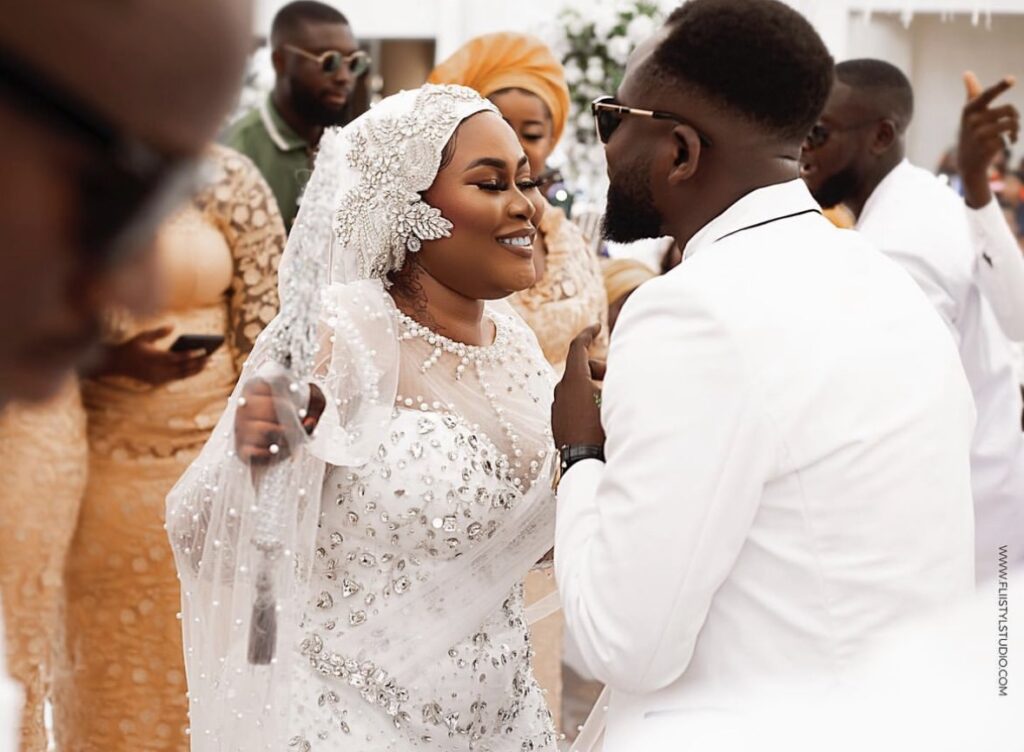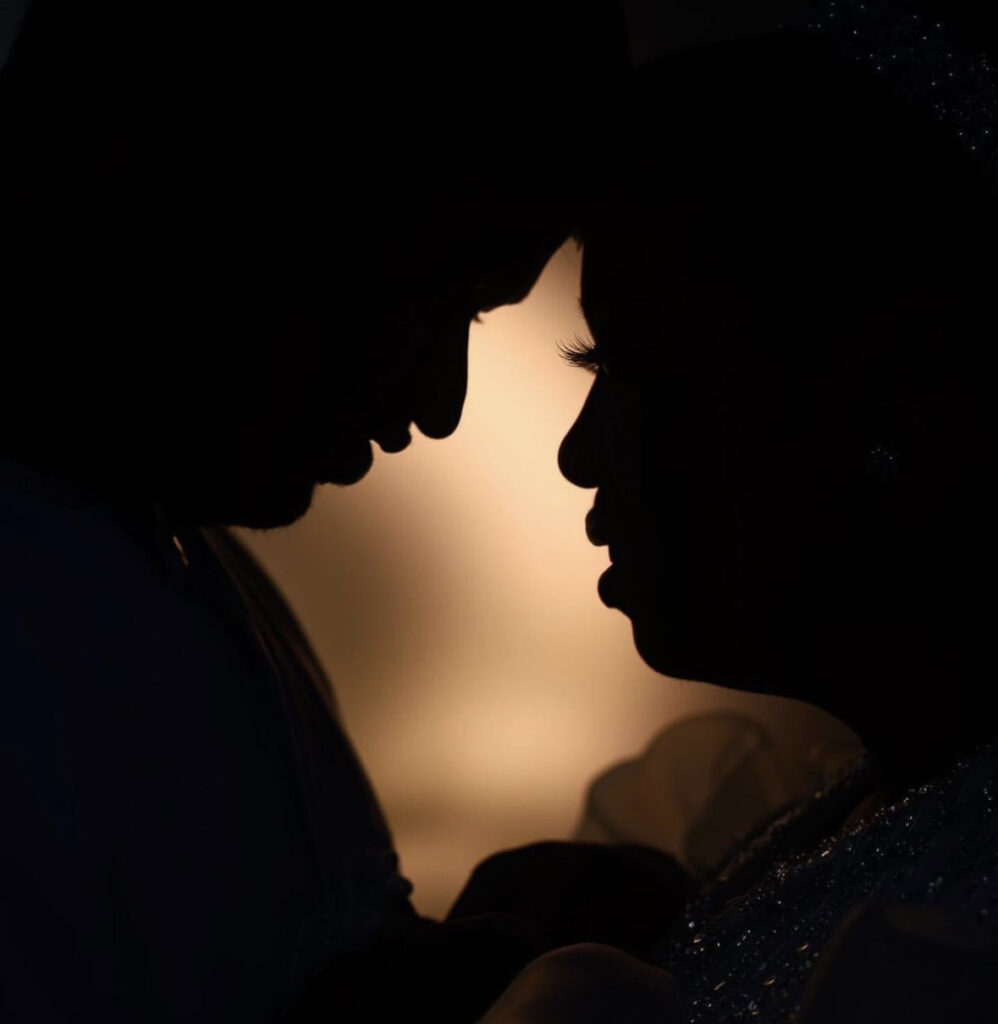
The Islamic marriage contract in Ghana is commonly referred to as "Nikkah" and is an important part of the Islamic faith. Nikkah is a formal agreement between the bride and groom that outlines their rights and obligations to each other. It is considered a sacred contract, and both parties must be of the same faith and have the capacity to enter into a contract.
In Ghana, Islamic marriage can be either monogamous or polygamous. Polygamy is allowed in Islam, but there are strict conditions that must be met before a man can take on multiple wives. According to the Marriage Act, a man is allowed to have up to four wives in a polygamous Islamic marriage. The man must have the financial means to support his wives and their children equally, and he must obtain the consent of his existing wife or wives before taking on another wife.

The dowry in Islamic marriage is an important aspect of the ceremony. The dowry is a payment or gift given by the groom to the bride at the time of the marriage. The dowry can vary depending on the couple's cultural and religious traditions. In Ghana, the dowry is usually much lower than in customary marriages.
The wedding ceremony itself can take many forms, but it typically involves the bride and groom exchanging vows and signing the marriage contract in the presence of witnesses. The ceremony is usually conducted by an Islamic cleric or a recognized Islamic marriage registrar. The bride and groom may also exchange rings or other gifts as part of the ceremony.
Islamic marriage in Ghana is recognized as a valid form of marriage under the Marriage Act. Couples who enter into an Islamic marriage have the same legal rights and obligations as couples who enter into a civil marriage under the Marriage Act. This means that Islamic marriages are legally recognized, and couples can seek legal protection and redress in case of disputes or disagreements.